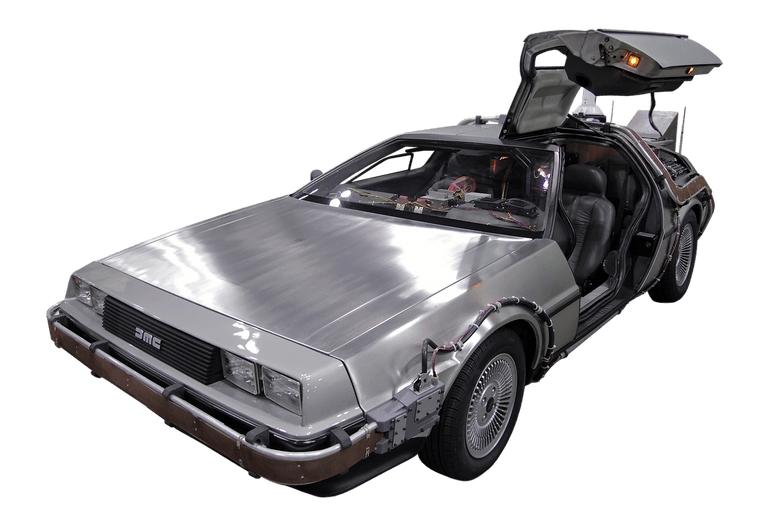2004: flip phones, iPod, iTunes (and LimeWire) were ruling. It was also the prehistory of web searches. At that time, the Apple keynote was a major event that featured many innovations. Maybe more groundbreaking than today, but I don’t want to sound like a grumpy old man there:) Anyway, at the Apple keynote on January 04, Steve Jobs introduced the autocomplete feature in its Spotlight (the internal search engine of your Mac, now iPhone, Pad etc…). I was hooked and asked myself why not have it in a browser?
LiveSearch: googling before Google
So, in July 2004, inspired by the autocomplete Spotlight feature, I implemented something similar using JavaScript with XMLHttpRequest and a little bit of PHP on the server side. LiveSearch consisted of a search tool for our website's blog at the time (the one of bitflux, which later merged with Mediagonal to become Liip in 2007). All you had to do was type a keyword in your browser to find content in our blog (it actually searched only the blog title at the time).
What is usual now wasn’t back then. LiveSearch created quite a buzz. Thousands of visitors, many comments and blog articles followed that summer. I created a wiki page to document and share about this technology. LiveSearch actually came up a few months earlier than Google Search! A tech that has become so popular that we use Google as a verb. Google used basically the same technology, just with a far more powerful search engine behind it, to be fair;) No, I didn’t sue them. But I was happy to see LiveSearch mentioned when it comes to precursors of Google; I'm even mentioned in a book. How awesome is that?

From LiveSearch to ZüriCityGPT
The point is not only about being first. I was not, nor was Apple who inspired me. What was important to me was trying something new to find info quickly and easily. And this is with the same spirit that I came up with ZüriCityGPT a bit less than 20 years later.
AI and LLMs were - and still are - the hot topics, the same way web search was back in 2004 (and maybe who would win the Nas vs Jay Z beef). As with LiveSearch, I was inspired by this new technology to work on it, true to our principle of practice over theory. This time, I focused on something with more public value rather than working on our blog search engine. You certainly experienced at least once the struggle of finding information on a public administration website. That is how ZüriCityGPT was born, an AI/LLM-powered chatbot that can easily answer all your questions about the city of Zurich.
Chatbot or not, AI can improve your content search
This award-winning custom-made chatbot created quite some buzz as well. But by doing so, I feel that the chatbot element of the equation overshadowed what I consider groundbreaking: the better content search experience. Even if you make an abstraction of the chatbot generating a written answer, the quality of upstream search can be improved by AI. Thanks to it, your website's good old search bar is rejuvenated! You can write your query in a language not even covered by your website, you can use synonyms and not only the correct keyword, or even write tipos: I mean typos.
Then, you can decide whether a chatbot is the best way to go for your audience. For some users, such a chatbot is from now on expected, representing the best practice in client relations. For others, who had to deal with a crappy chatbot, there can be a hypodermic reaction to it (give me back my call centre!). As always, it is important to choose a technology only because it provides real added value, not just because it is trendy. This is what we can help you with thanks to our brand new LiipGPT solution, released a bit more than 20 years after LiveSearch.
I honestly have no idea what the future will be like in 20 years (I hope to be retired by then). All I know is that curious minds will always be able to develop open-source tools to help people navigate this digital jungle. Meanwhile, you can contact me if you want to talk about AI, LLMs or Search in general.
Image by Jean photosstock from Pixabay

